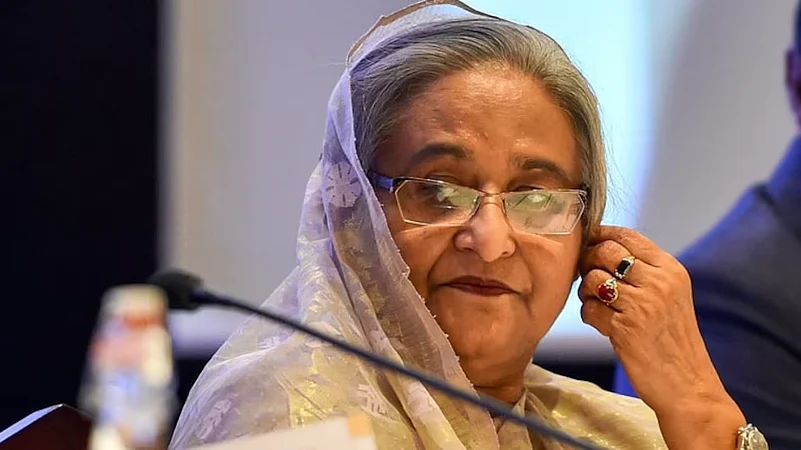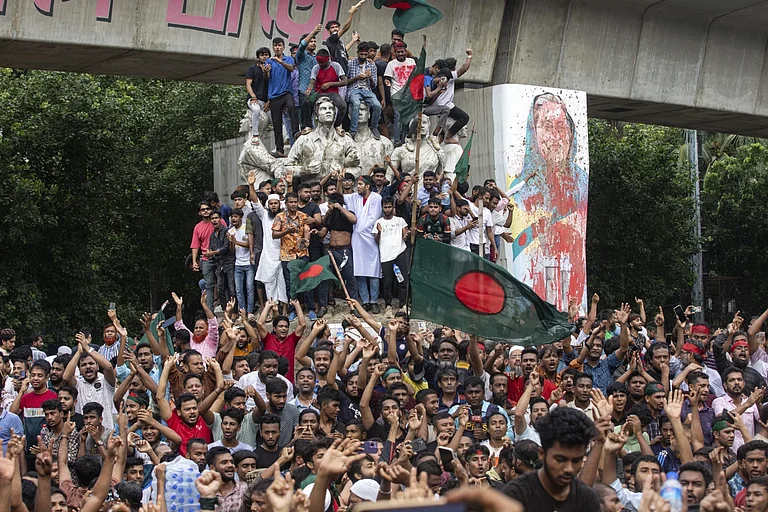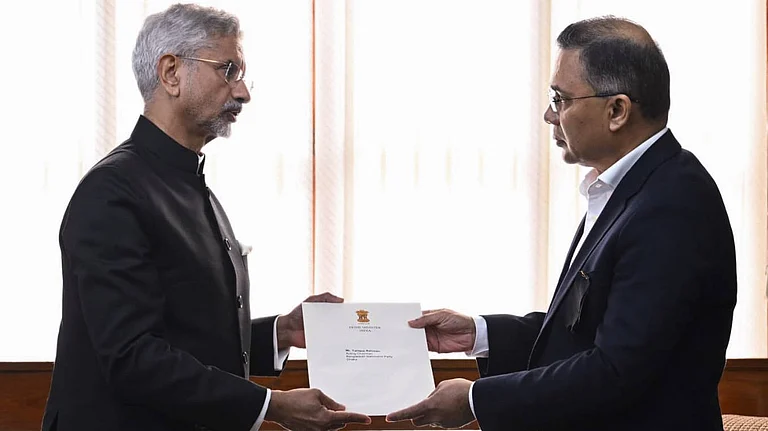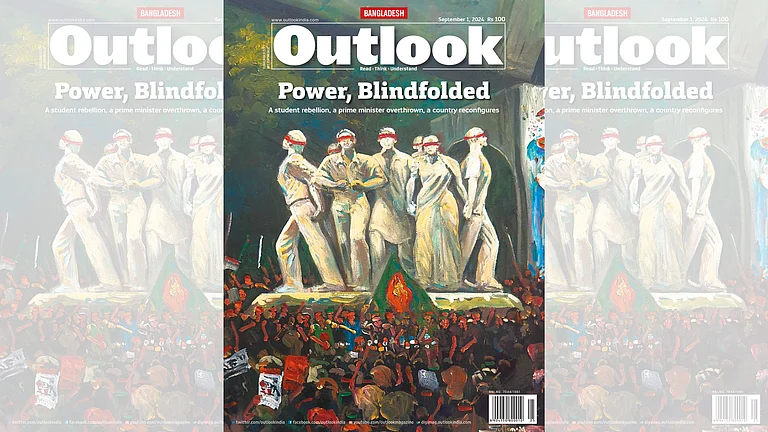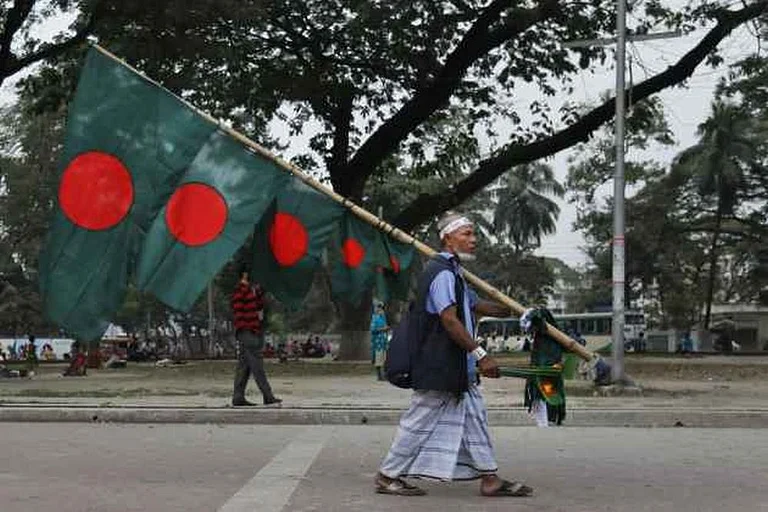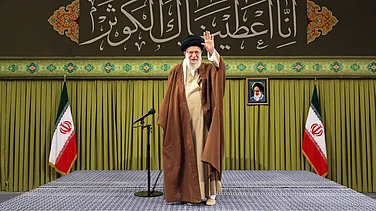
Summary of this article
Former Indian diplomats have questioned the legality of the ICT’s decision to sentence Sheikh Hasina to death, calling the tribunal’s process politically driven and outside its original mandate.
Envoys Veena Sikri, Rajiv Dogra and Anil Trigunayat warned that Bangladesh is becoming "very polarised", risking further instability with significant regional implications for India.
After a special tribunal in Bangladesh sentenced ousted prime minister Sheikh Hasina to death, several former Indian envoys criticised the verdict, warning that the neighbouring country is once again "very polarised", a condition that does not bode well for its stability or security.
Veteran diplomat Veena Sikri, India’s high commissioner to Bangladesh from 2003 to 2006, questioned the legality of the International Crimes Tribunal (ICT) trying a former prime minister when it was constituted solely to prosecute individuals who committed war crimes during the 1971 Liberation War. "It is nothing but a kangaroo court," she alleged.
On Monday, the ICT sentenced Hasina to death in absentia for "crimes against humanity" over her government’s response to last year’s student-led protests. In its verdict, following a months-long trial, the tribunal described the 78-year-old Awami League leader as the "mastermind and principal architect" of the violent repression that killed hundreds. Former home minister Asaduzzaman Khan Kamal was also handed the death sentence on similar charges.
Hasina has been living in India since she was deposed on 5 August last year after massive violent protests. Speaking to PTI, Sikri reiterated that the ICT was established solely to try those responsible for 1971 war crimes. "So, under what act have you changed the purpose of the ICT," she asked. The grounds on which Hasina was tried "doesn't hold water at all, it is an illegal process", she said. She further claimed there were several "loopholes and lacunae" in the investigation, insisting that "ICT is not a tribunal to try a prime minister".
Former diplomat Rajiv Dogra said India has "done the right thing" by sheltering Hasina, describing her as "an important leader, under whose party, Bangladesh's democracy has always prospered". While acknowledging issues towards the end of her tenure, he said she was on the path to "rectify" them. On the strategic implications of the verdict, he said the "impact is certainly not very happy". Dogra also criticised "provocative" statements issued previously by Bangladesh’s Chief Adviser Muhammad Yunus and members of the interim government that took charge after Hasina’s fall. "It is certainly a matter of worry for India and the region to have an unstable regime in Bangladesh," he said.
Another former envoy, Anil Trigunayat, said the tribunal’s judgment was "on the expected lines". He noted that the situation is being seen as a clash over accusations and legitimacy. According to him, Sheikh Hasina views both the Yunus-led interim government and the tribunal’s judgment as politically motivated, "hounding her, and baseless", while the interim government considers the case a "crime against humanity". He warned that Bangladesh is "once again very thoroughly polarised and divided, and it does not augur well for the stability and security of the country". A smooth and democratic transition, he said, is essential for peace and development.
Sikri added that stability in the region can only be ensured through "free, fair, inclusive and credible elections" in Bangladesh. She said the Awami League must be "allowed to fight elections", adding, "You cannot ban any party from taking part in elections; it is a ban on democracy."
Following the verdict, Hasina issued a statement saying she was unafraid to face her "accusers" in a proper tribunal where evidence can be tested impartially. "That is why I have repeatedly challenged the interim government to bring these charges before the International Criminal Court (ICC) in the Hague," she said.
The ICT, originally established to prosecute collaborators of Pakistani forces during the 1971 war, was amended by the current administration to bring leaders of the previous regime, including Hasina, under its jurisdiction.
India said on Monday it had taken note of the verdict and would engage constructively with all stakeholders in the interest of peace, democracy and stability in Bangladesh. The Ministry of External Affairs said India remains committed to the welfare of the Bangladeshi people.


